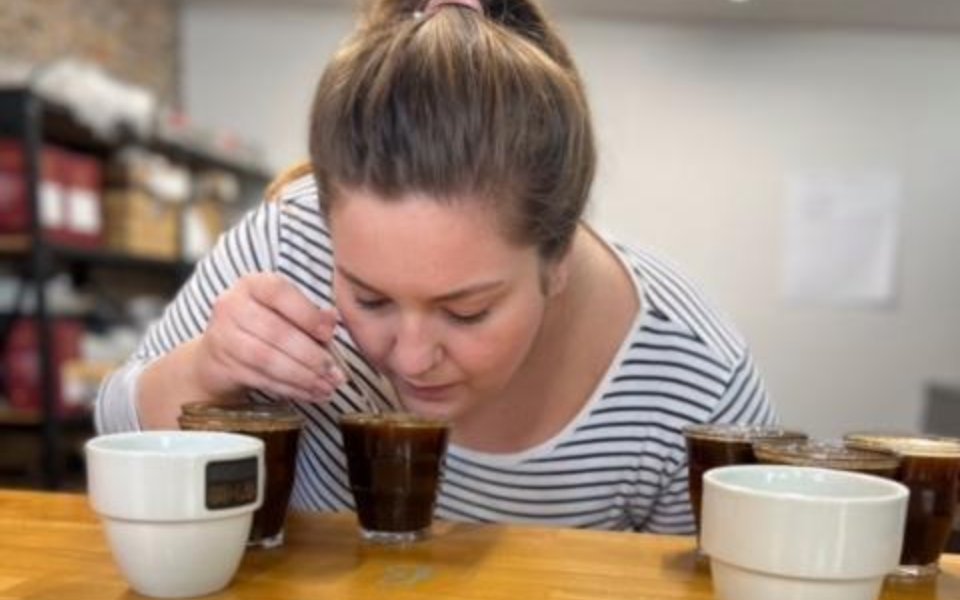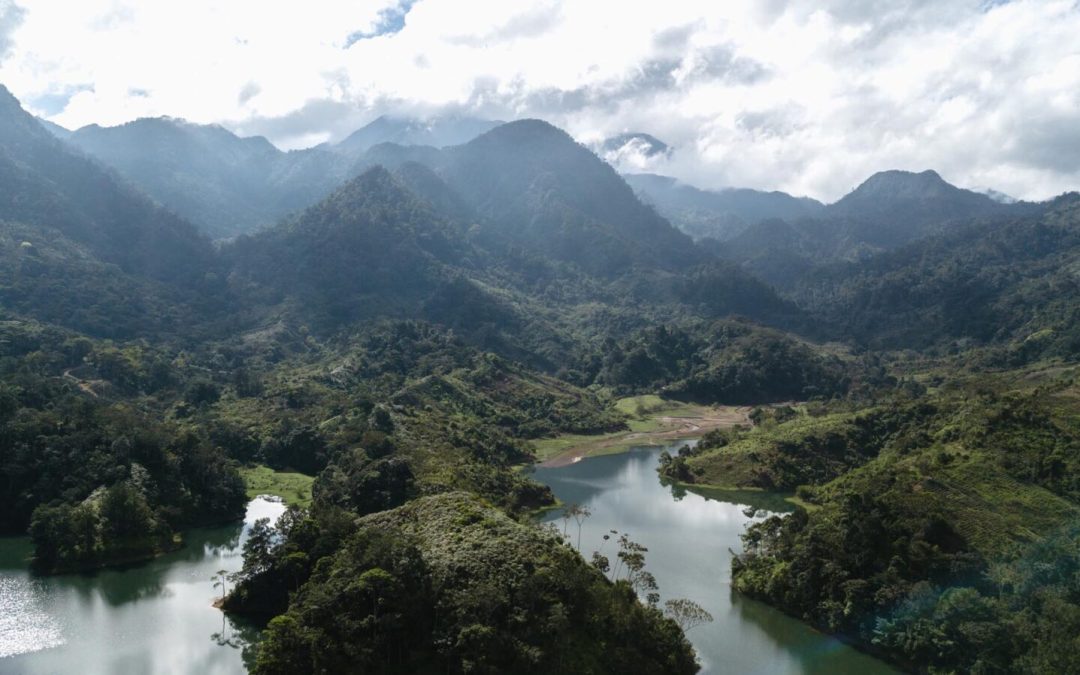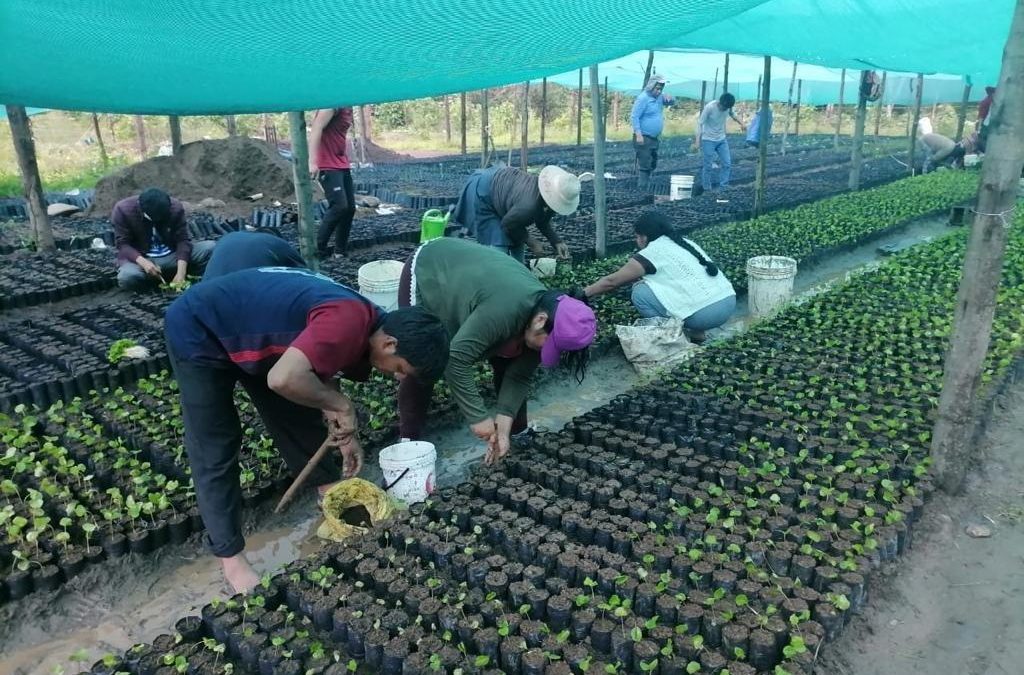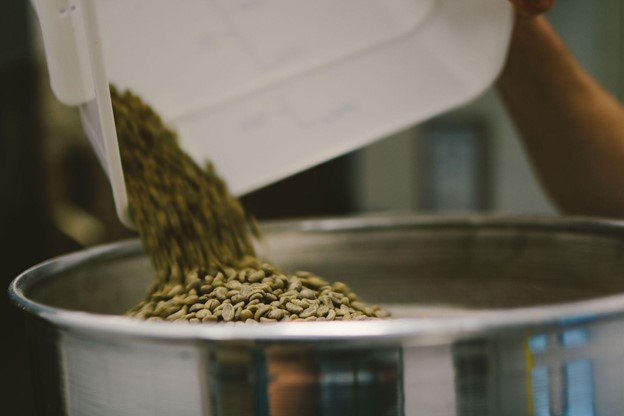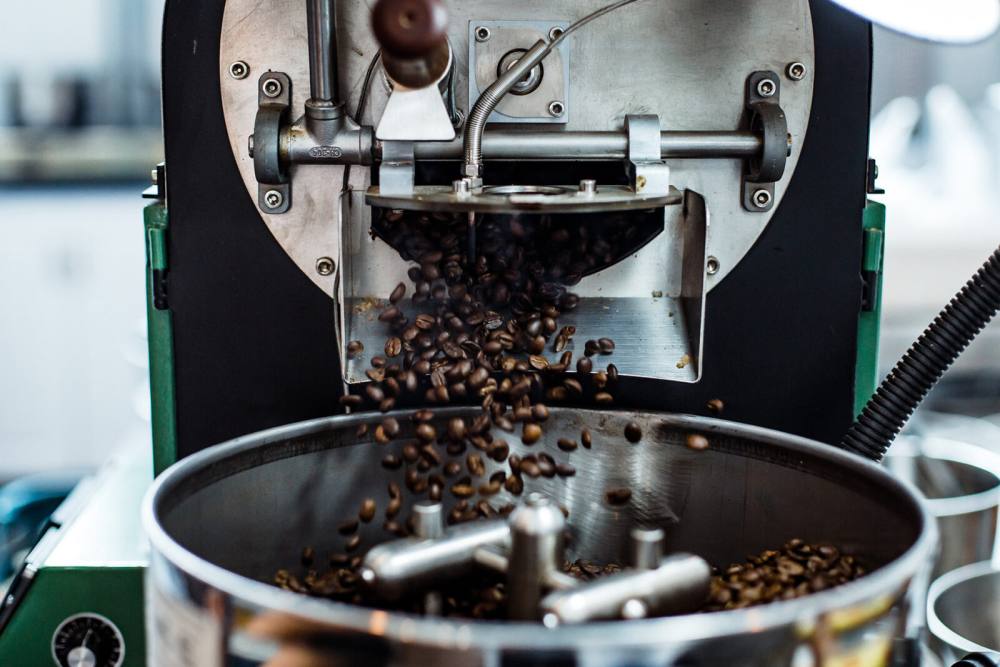What is the Specialty Coffee Transaction Guide? Coffee pricing is a complex subject that everyone who works in the industry will be familiar with. However, as more and more actors across the supply chain push for increased transparency and traceability, new resources...


